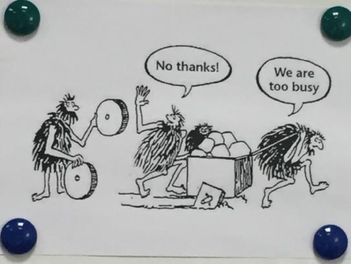MINDFULNESS MEDITATION
One-to-One and Small Group
private sessions
Mindfulness brings us more in touch with the present, so we can make conscious decisions
about where we want to go,
and how we want to be.
about where we want to go,
and how we want to be.
What is mindfulness?
Mindfulness means paying attention in a particular way; on purpose, in the present moment, non-judgmentally.
Jon Kabat Zinn
Jon Kabat Zinn
MINDFULNESS practice is a way to restore a balance within yourself by connecting with your inner resources.
It is a way of learning to relate directly to whatever is happening in your life, a way of taking charge of your life, a way of doing for yourself what no one else can do for you – consciously and systematically working with your own stress, pain, illness and the challenges or demands of everyday life.
How can it help?
Research has shown increase in
- Ability to relax
- Focus and clarity
- Creative thinking
- Emotional balance
- Self-esteem
- Energy and enthusiasm for life
- Ability to cope more effectively with both short and long-term stressful situations
- Ability to cope with pain levels and/or with chronic pain
How does being 'mindful' or more present help me?
By paying more attention to the present moment, you can begin to appreciate what you already have. In this sense it is the key to a fuller life. By becoming “MINDFUL” you can develop your capacity to connect with your life. It is a practical way to be more in touch with the fulness of your being through a systematic process of self-observation, self-inquiry and mindful action. This can lead to a greater contentment with who you are and with how your day-to-day life is at this moment. Mindfulness teaches you how to take control of your life – how to use your own inner resources to reduce stress and other negative behaviors and thoughts – and thus maintain or regain health. The goal of mindfulness is self-care, which complements the conventional medical paths of surgery and pharmaceuticals.
What should I expect in a session?
The sessions are very experiential, in that I guide meditations to help bring awareness to the ongoing connections between body - mind - emotions. The types of meditations depend on the circumstances and needs of each person, I tailor the session and practices to what is most appropriate and also give guided meditation audios so they can be practiced in your own time.
How many sessions should I have?
This depends on your circumstances and needs. Some people do the 8 week MBSR course with me privately for the convenience of their schedule, meeting usually once per week for an hour, Others do a tailored version to suit their needs.
Can I have sessions with another person?
Yes, some people like to share the experience with another person/partner or form a small group. This often helps motivation and sharing of experiences.
What if I am a beginner?
Wonderful - welcome! In fact each meditation is a practice in experiencing each moment as though it is the first time, because in fact each moment is unique. I guide introductory practices, often in the form of a course, which includes some practical theory on the psychological and neurological benefits to help you engage but also develop understanding.
What if I already have some meditation experience?
Great, we can discuss and see what your needs are to work out the best way to share our time. Sessions of 30 or 45 minutes can often be preferred for these follow-up sessions.


